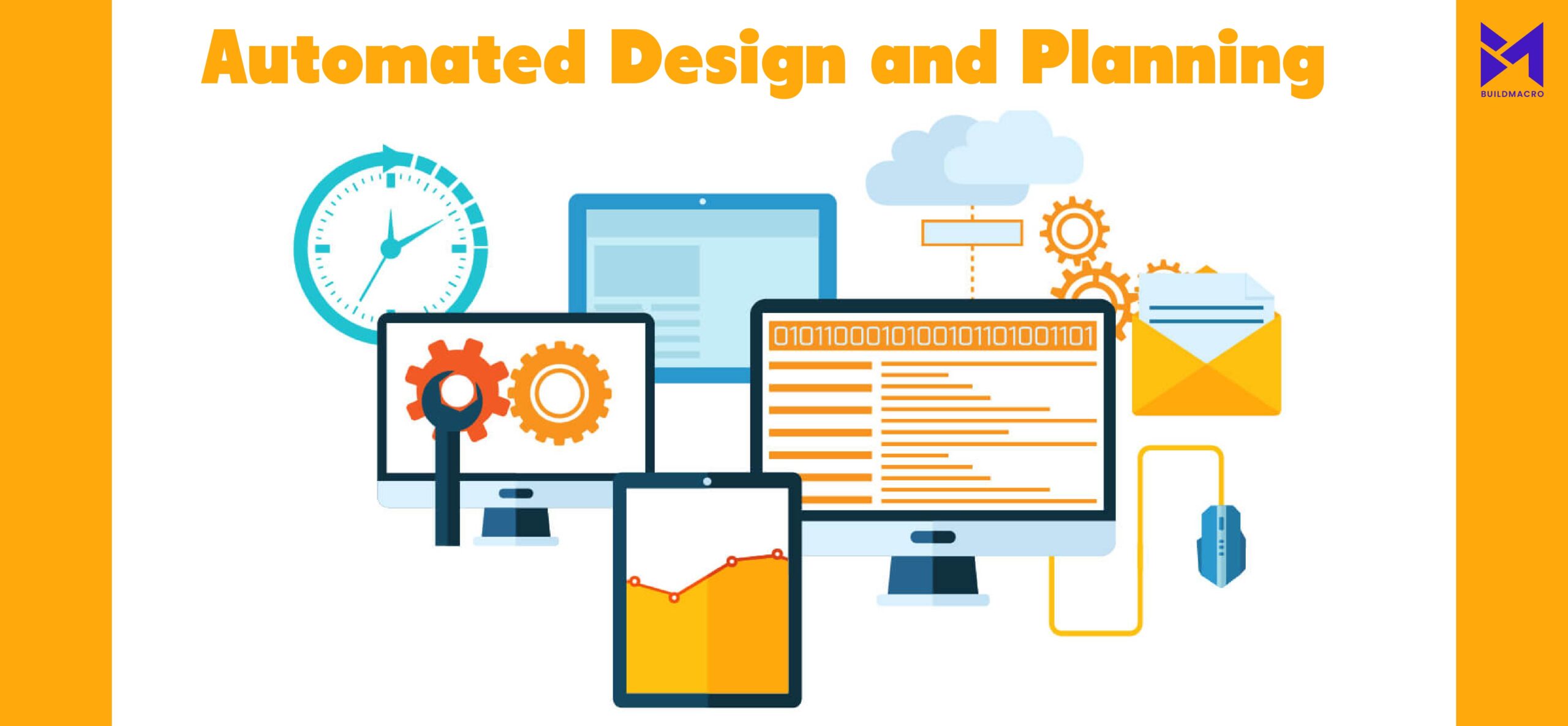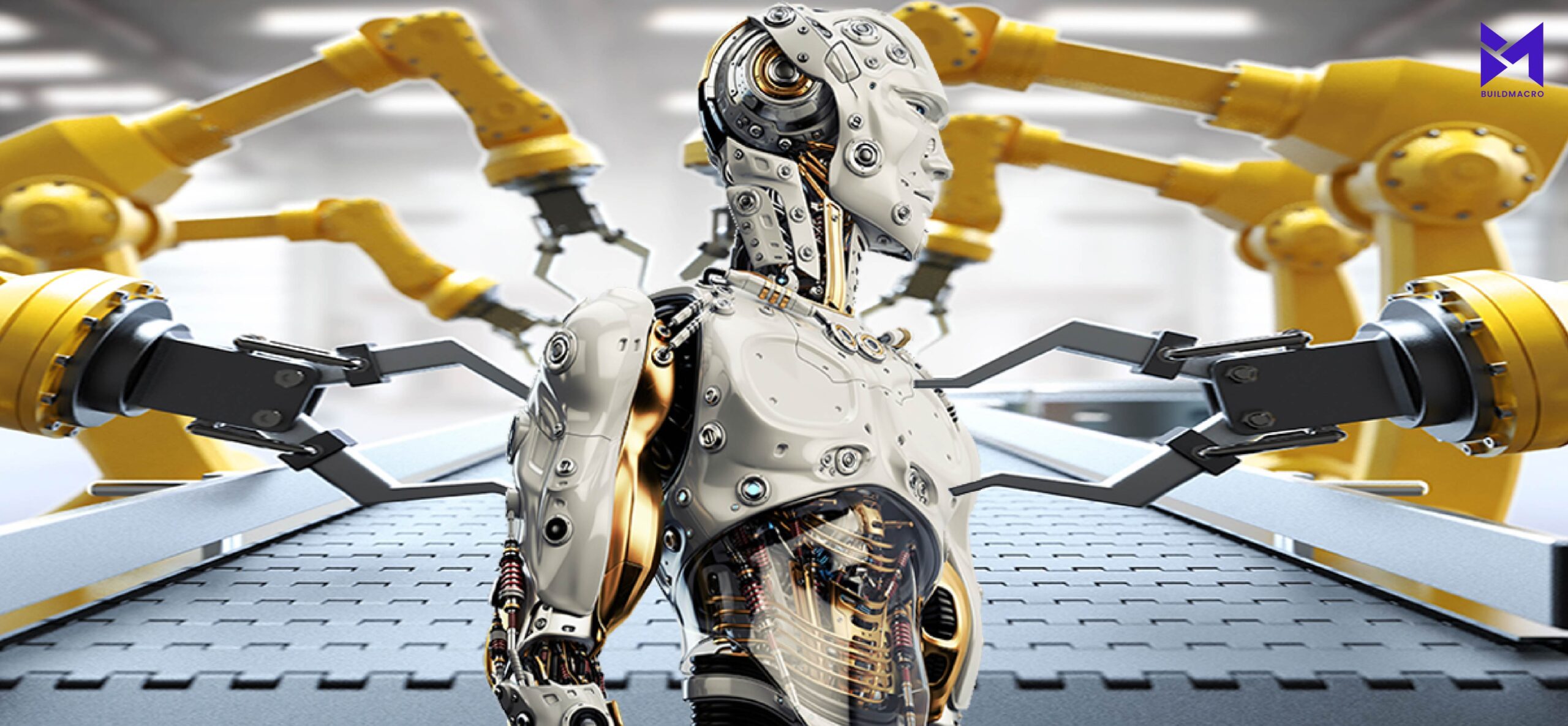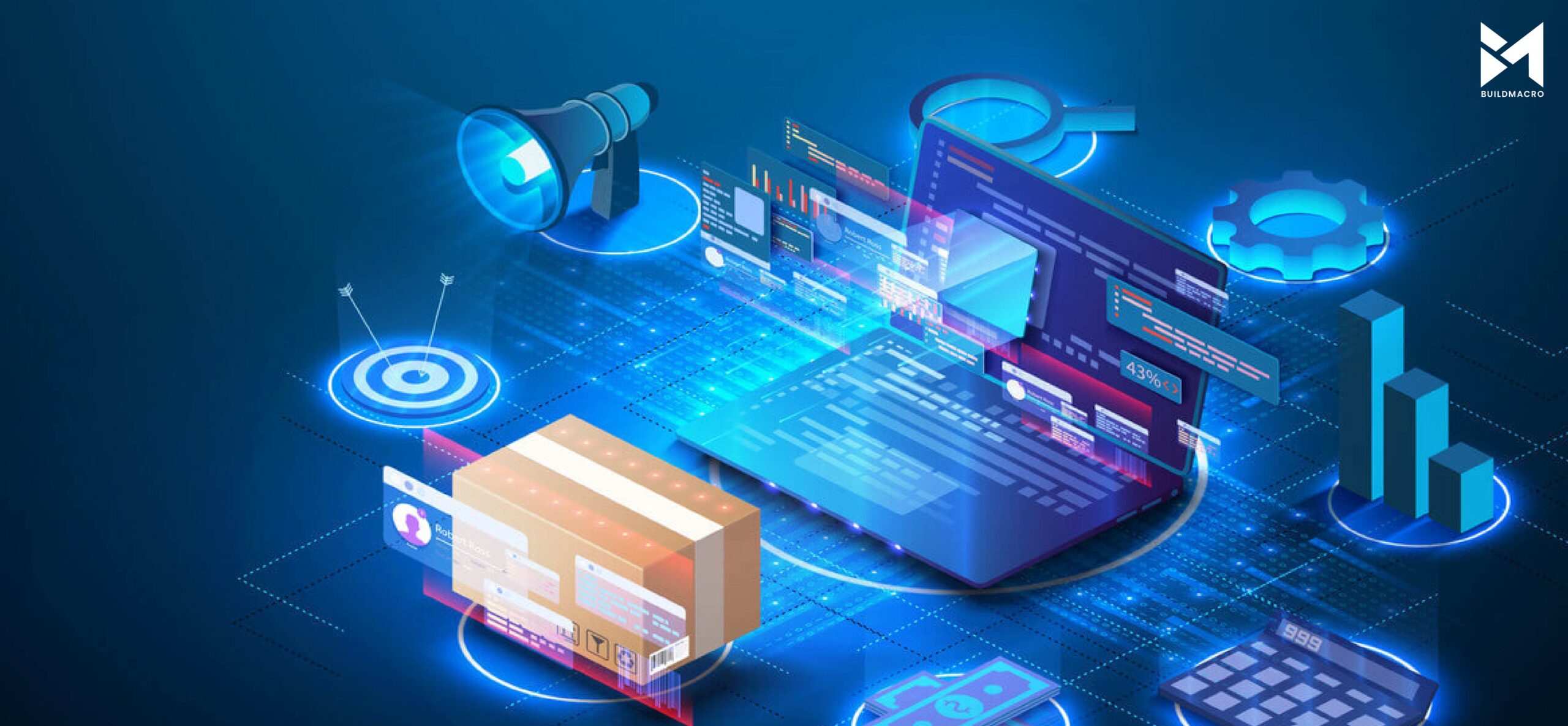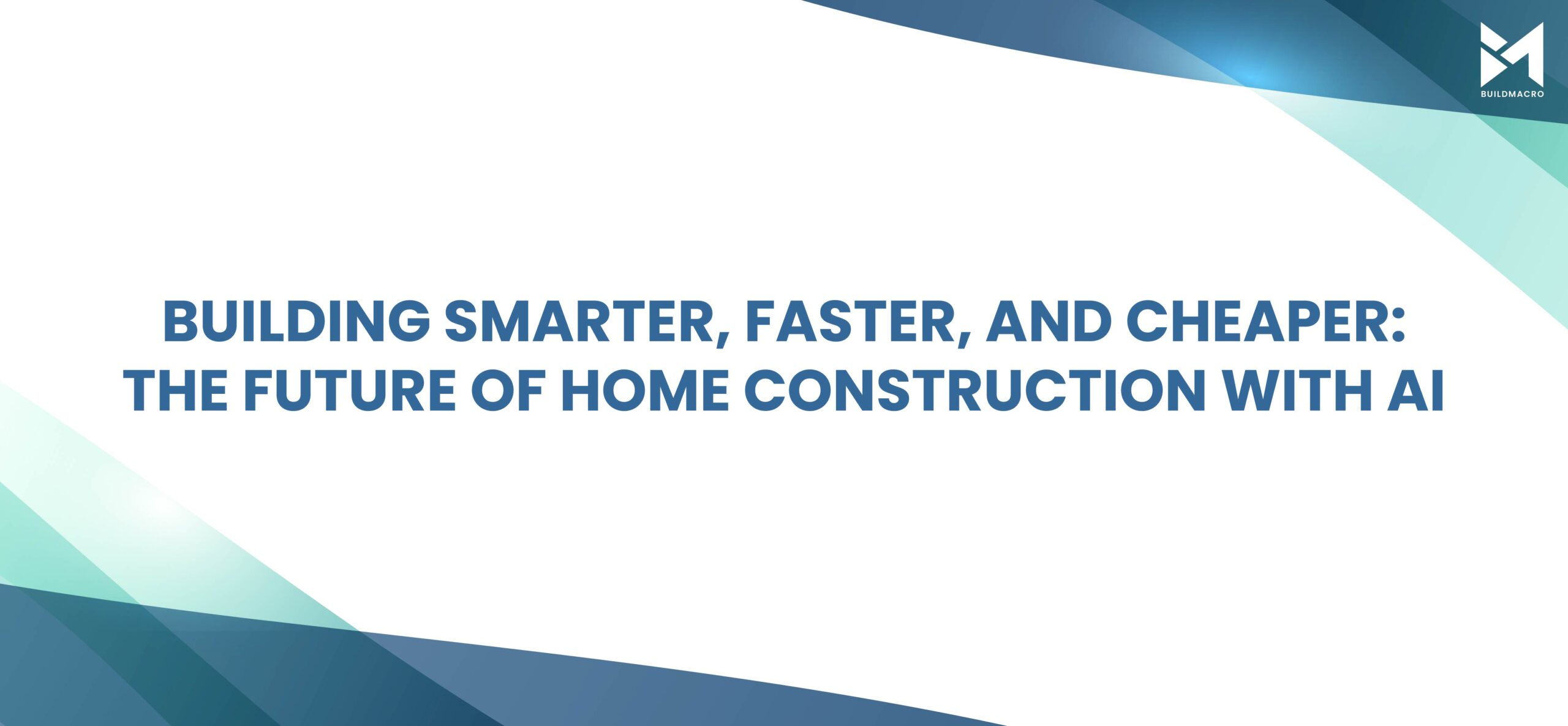The future of home construction holds great promise with the integration of artificial intelligence (AI) technologies. AI has the potential to make construction processes smarter, faster, and more cost-effective. Here are some ways AI can revolutionize home construction in the future:
- Automated Design and Planning:

AI can assist architects and engineers in designing and planning homes by analyzing vast amounts of data and generating optimized designs. By considering factors like energy efficiency, structural integrity, and aesthetic appeal, AI algorithms can help create innovative and functional designs more quickly. - Predictive Analytics:

AI can leverage historical and real-time data to make accurate predictions about construction timelines, costs, and potential issues. By analyzing patterns and trends, AI algorithms can optimize project scheduling, resource allocation, and risk management, resulting in faster and more cost-effective construction processes. - Robotics and Automation:

Robots equipped with AI capabilities can perform repetitive or labor-intensive tasks with precision and efficiency. They can handle tasks like bricklaying, drywall installation, and even painting, reducing the need for manual labor and accelerating construction timelines. This can significantly lower costs and enhance productivity. - Supply Chain Optimization:

AI can optimize the supply chain by analyzing data related to material availability, pricing, and logistics. It can predict material requirements, identify cost-saving opportunities, and streamline procurement processes. This leads to more efficient resource management, reduced waste, and lower construction costs.
While AI presents immense potential, its successful integration into home construction relies on collaboration between industry experts, technology developers, and policymakers. Addressing concerns related to data privacy, ethics, and workforce displacement will also be crucial in ensuring a smooth transition to an AI-driven future of home construction.
